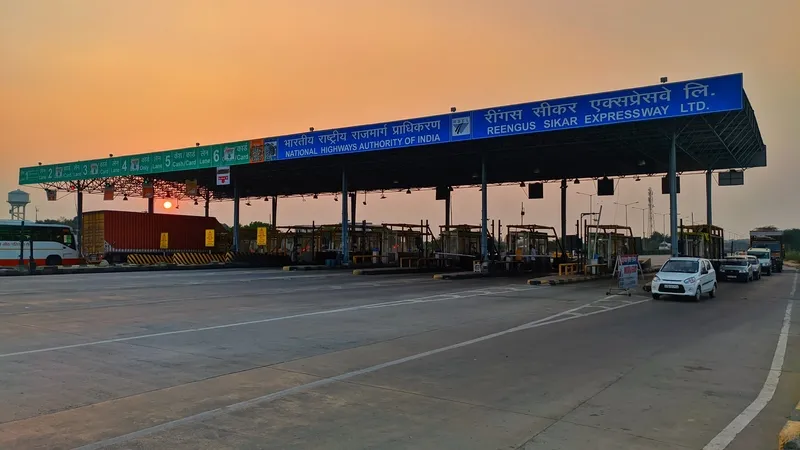Thales has installed its new-generation Dream Gates ticket gates on two stations of the metro, allowing passengers to travel using QR code on their mobile phones, said to be a first in India. With the Dream Gates solution, Delhi Metro Rail Corporation (DMRC) has become the first public transport operator in India to introduce gates with 3D camera technology for passenger control.
The Delhi Metro Phase III project is currently in progress and will enable DMRC to transport more than 4 million passengers per day. After full implementation of the Phase III AFC contract, Thales will have deployed about 3,000 gates, 1,000 ticket office machines and 1,000 ticket vending machines, making the Delhi Metro one of its largest AFC deployments worldwide.
First section of Delhi Metro Phase III AFT ticketing operational
Following the deployment of the automatic fare collection (AFC) systems on Phase I and II of the Delhi Metro, Thales has now delivered the AFC systems on the first section of the 79 stations of Phase III that became operational recently. Thales has installed its new-generation Dream Gates ticket gates on two stations of the metro, allowing passengers to travel using QR code on their mobile phones, said to be a first in India. With the Dream Gates solution, Delhi Metro Rail Corporation (DMRC) has become the
June 14, 2017
Read time: 2 mins
Following the deployment of the automatic fare collection (AFC) systems on Phase I and II of the Delhi Metro, 596 Thales has now delivered the AFC systems on the first section of the 79 stations of Phase III that became operational recently.









